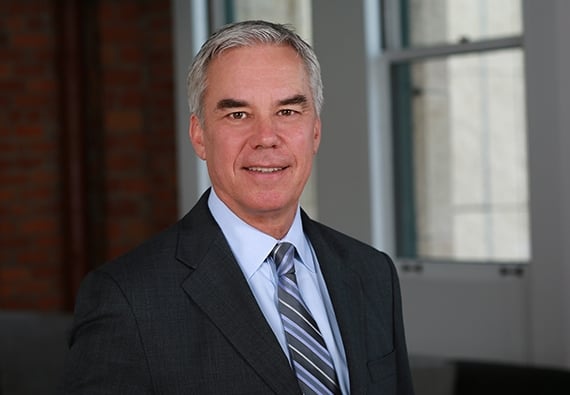“Day of Rest” Requirement Measured By Workweek, Not Every Seven-Day Period
California employers must allow their employees to take one day of rest per each workweek, unless they work less than 30 hours per week or each shift in that workweek is 6 hours or less, the California Supreme Court decided this week in Mendoza v. Nordstrom, Inc. The Court’s decision answered a Ninth Circuit question on California law raised in a suit brought on behalf of Nordstrom’s California employees, who alleged that they had been scheduled for shifts for more than six consecutive days. The Court also clarified the extent of an employer’s obligation to ensure their employees take a day of rest.
California “Day of Rest” Statute
The California Labor Code provides that “[e]very person employed in any occupation of labor is entitled to one day’s rest therefrom in seven,” and “[n]o employer of labor shall cause his employees to work more than six days in seven.” Cal. Labor Code §§ 551-52. The Ninth Circuit asked the California Supreme Court to consider whether these statutes applied on a week-by-week basis (e.g., the clock restarts every Monday) or on a rolling basis (measured by seven consecutive days, regardless of where they fall in the week).
The California Supreme Court determined that the text of the statute is “manifestly ambiguous” concerning the Ninth Circuit’s question. In examining the statute’s context with respect to IWC Wage Orders and the complete statutory scheme, however, the Court held that applying the “day of rest” provisions “on a weekly rather than a rolling basis…subjects employees and employers to a single set of consistent day of rest requirements, thereby facilitating the scheduling of work.” As the Labor Code defines a workweek, it means a “fixed and regularly recurring period” (e.g., Sunday to Saturday, or Monday to Sunday, not a rolling period of any seven consecutive days). Cal. Labor Code § 500 (b). Thus, under the state Supreme Court’s clarification of Sections 551 and 552, an employee could be lawfully scheduled for up to 12 consecutive days of work so long as that period covered two separate workweeks. For example, if the employer’s workweek ran Sunday-Saturday, an employee could be off work the first Sunday and work through the Friday of the following week.
Exemptions to the “Day of Rest” Law
Certain weekly schedules are exempt from these day of rest requirements. Labor Code Section 556 provides: “Sections 551 and 552 shall not apply to any employer or employee when the total hours of employment do not exceed 30 hours in any week or six hours in any one day thereof.” The Ninth Circuit also asked the Court to interpret this provision. The plaintiffs argued that the exemption should only apply if they worked six hours or less every single day of a workweek, while Nordstrom argued that the proper interpretation of the section exempted employees who worked six hours or less on one day in a workweek.
The Court agreed with the plaintiffs, finding Nordstrom’s proposed interpretation would render some of Section 556 superfluous, given that any employee who worked six hours/day for seven days would have worked 42 hours/week. The first half of Section 556 provides for a 30-hour work limit for those exempt from the “day of rest” rule. Employers should note that, although Section 554 was not addressed in Mendoza, that Section separately provides that agricultural employees covered by Wage Order 14 are exempt from the day of rest requirements, and all employees are exempt where the “nature of the employment reasonably requires” a seven-day schedule, so long as the employee receives the equivalent days of rest during the calendar month.
Employer Obligations to Ensure a Day of Rest
Finally, the Court concluded that employers need only “maintain absolute neutrality as to the exercise” of the right to a day of rest. “An employer may not encourage its employees to forgo rest or conceal the entitlement to rest, but is not liable simply because an employee chooses to work a seventh day.” So, employers should avoid scheduling seven-days within workweeks, and should honor an employee’s request to avoid working a seventh day within the workweek. But if employees volunteer to work a seventh consecutive day, they are permitted to do so.
Penalties
Violations of Sections 551 and 552 can lead to civil penalties of $50 per employee for each pay period for the first violation and $100/employee per pay period thereafter. See Cal. Labor Code § 558. A violations of the “day of rest” rules is also a criminal misdemeanor. Cal Labor Code § 553.
Conclusion
To ensure compliance with this interpretation of the Labor Code, California employers should examine their scheduling policies to ensure that employees who work over 30 hours/week or who work longer than six hours/day in any one week period are normally given one day off work per calendar week. The employee can choose whether or not to take the day, but cannot be pressured or encouraged to forego that day.

